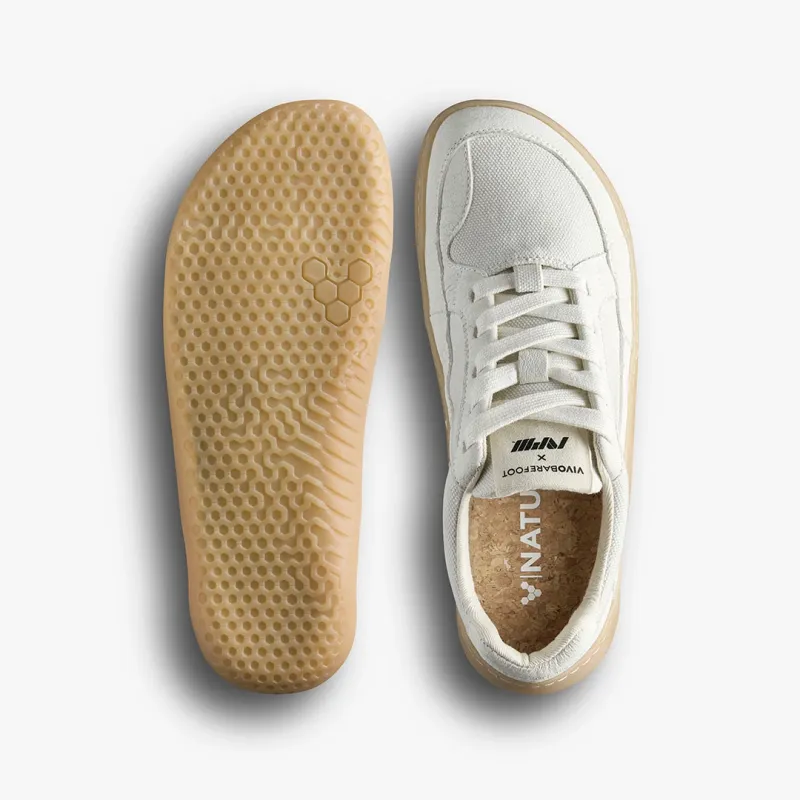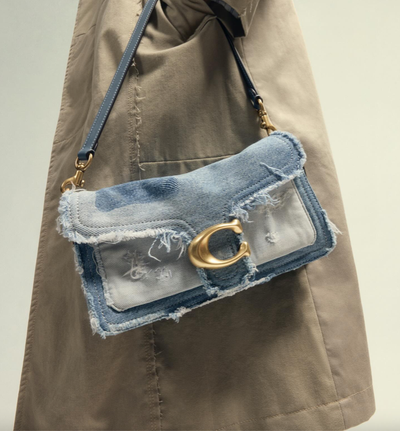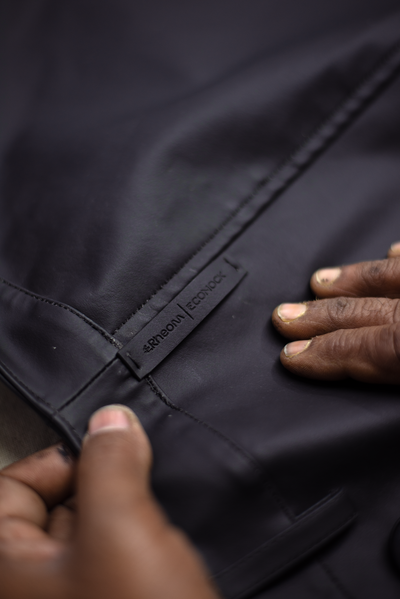In a market increasingly driven by sustainability, Vivobarefoot has taken a decisive step forward with the release of the Gobi sneaker—a vegan shoe crafted with HyphaLite™, a mushroom-based material that is both plastic-free and animal-free. The launch reflects the brand’s longstanding commitment to regenerative design and arrives at a pivotal moment as governments tighten regulations around waste, durability, and transparency in the fashion and footwear sectors.
The Gobi marks a milestone in Vivobarefoot’s journey toward creating durable, circular alternatives to conventional shoes. Built using 98% natural materials, the sneaker introduces a groundbreaking use of HyphaLite™, developed in partnership with a biotech company of the same name. The material combines mycelium—the root structure of mushrooms—with certified natural latex to create a robust, leather-like upper without resorting to synthetic components.
Charlotte Pumford, Vivobarefoot’s Director of Sustainability, has acknowledged the difficulty of finding a plant-based alternative that performs on par with traditional materials. In an interview with Forbes, she explained, “We’ve been seeking a vegan plant-based material that can perform at the level people expect from everyday footwear.”
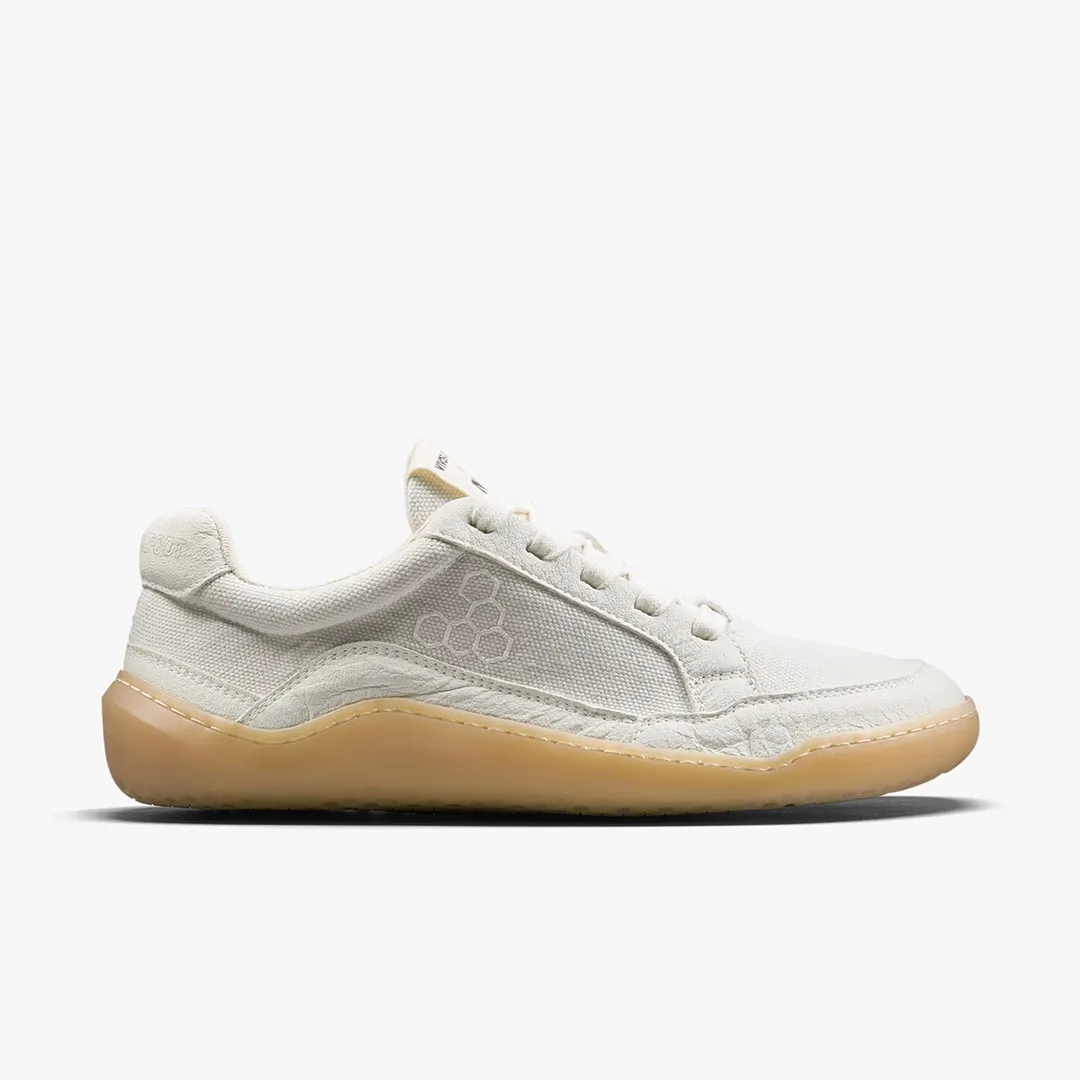
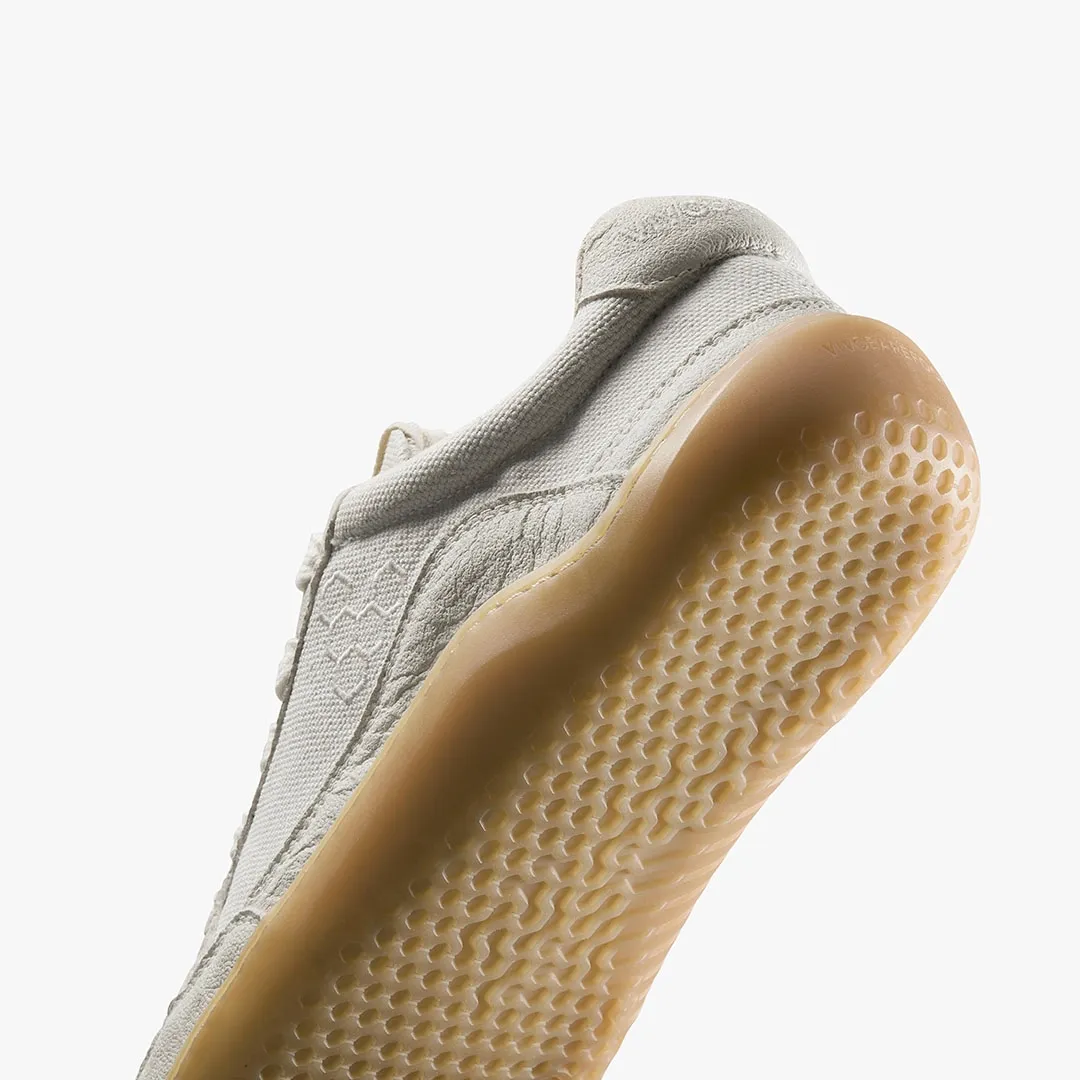
Getting there took time. Early prototypes using mushroom-derived materials struggled with absorbency and lacked the resilience required for daily wear. Through continuous development, the team ultimately arrived at a version of HyphaLite™ that met their expectations for toughness and longevity—qualities essential to a circular product strategy.
Longevity, in fact, is a core principle of Vivobarefoot’s design philosophy. The Gobi is not only built to last but also to be repaired. Through the company’s Revivo programme, customers can return worn shoes for refurbishment and resale, significantly extending each product’s life and keeping them out of landfill.
Perhaps the most notable technical achievement in the Gobi is its outsole. Typically the most environmentally challenging component of any shoe, it has been replaced with a fully natural alternative made in collaboration with Natural Fiber Welding. Composed of plant-derived materials and natural rubber, the sole took over a year to develop and required extensive testing to balance flexibility and wear resistance.
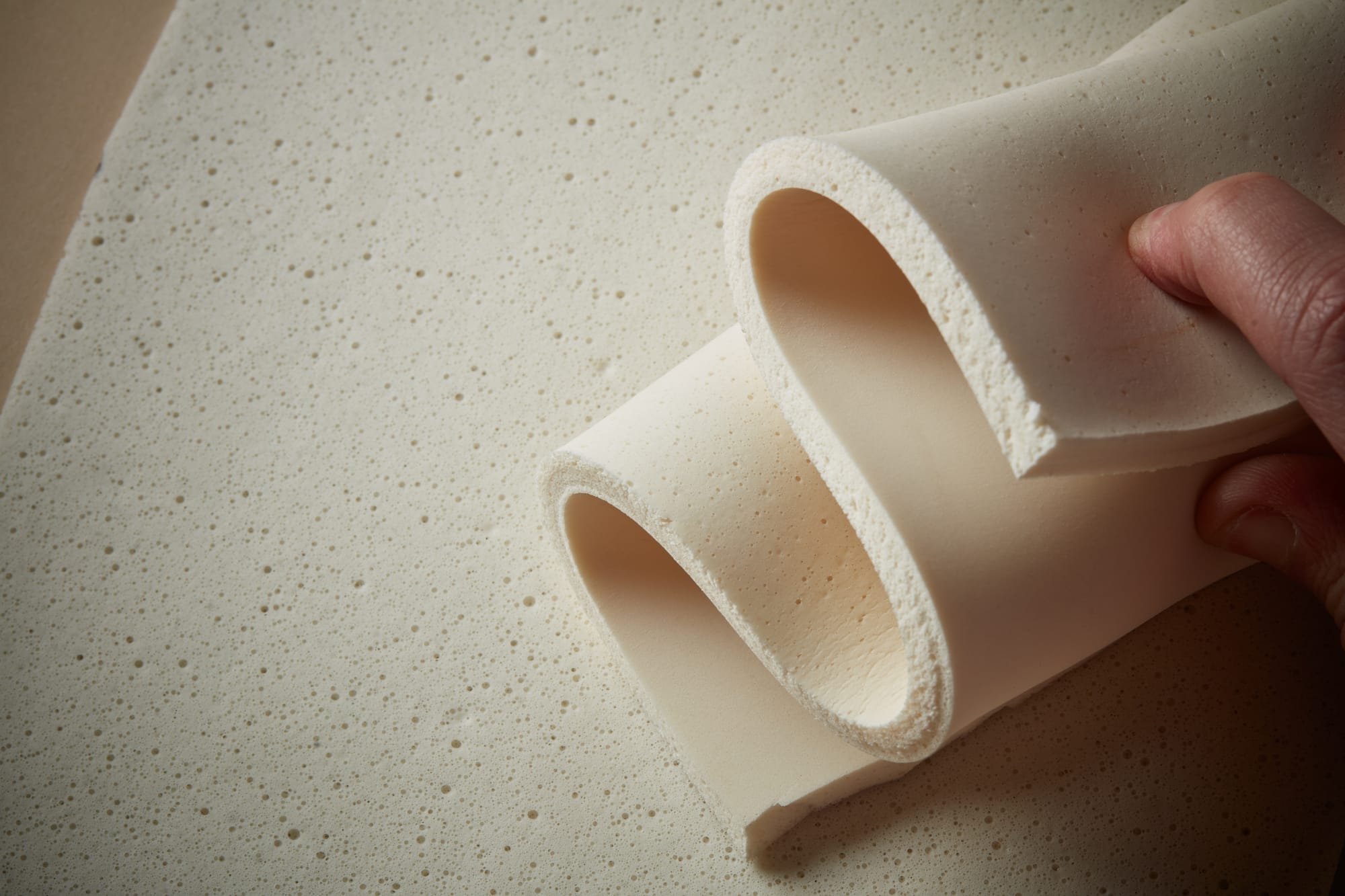
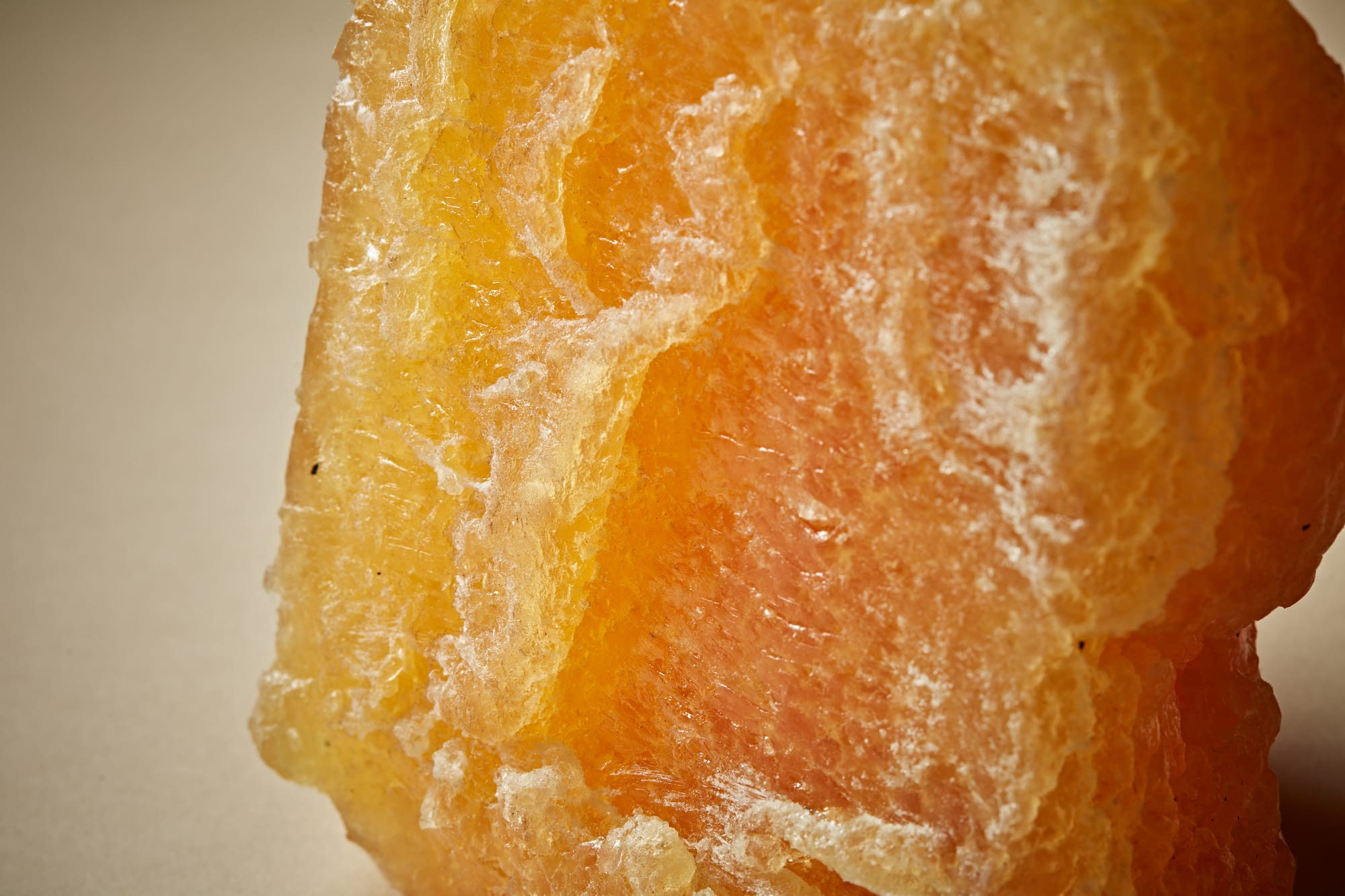
While the sneaker is predominantly natural, Vivobarefoot is candid about the nuances of biodegradability. The Gobi is not yet fully compostable—a reminder that transitioning away from plastics involves more than swapping materials. It requires a reimagining of every stage in a product's life cycle, from design and production to repair and disposal.
Vivobarefoot’s work also aligns with upcoming shifts in policy. The EU’s Ecodesign for Sustainable Products Regulation (ESPR) will soon mandate standards for durability, reparability, and recyclability, while Extended Producer Responsibility (EPR) legislation will require brands to take greater accountability for the end-of-life impact of their products. By anticipating these changes, Vivobarefoot is not only staying ahead of regulatory demands but also helping to shape a new industry model.
Innovating with next-generation materials comes at a cost, and smaller brands often face steeper challenges. Vivobarefoot recognises this and has signalled its willingness to collaborate with others to share insights and scale adoption. It’s a step that could accelerate access to sustainable materials industry-wide.
The Gobi is more than a product release—it’s a case study in material innovation, design for circularity, and forward-thinking business strategy. As government affairs programmes worldwide increasingly call for sustainable reform, Vivobarefoot’s approach provides a timely example of how brands can adapt—and lead. The Gobi sneaker is now available through Vivobarefoot’s website and selected retailers.

